In the US, approximately 80% of the population consumes caffeine daily – much of this coming in the form of coffee. Historically speaking however, the US (and much of the Western world) was late to the coffee game. Alas, it appears we’ve made up for lost time, for consumption of coffee and other caffeinated beverages has become a social and professional cornerstone. Is there anything wrong with this? After all, coffee beans (really, berries) are a product of nature.
In this article we’ll examine the roles coffee has played, its impact on the body, and a few attractive natural coffee alternatives to consider.
Historical grounds
In the 15th century, Sufi monasteries in Yemen consumed coffee as a way of enhancing their late-night spiritual practices. Though this was the first documented use of coffee, it’s generally accepted that the stimulating effects of coffee beans were first discovered in Ethiopia. It’s probably no coincidence then, that the coffee used by the Yemeni Sufis was sourced from Ethiopia. The coffee trade had begun.
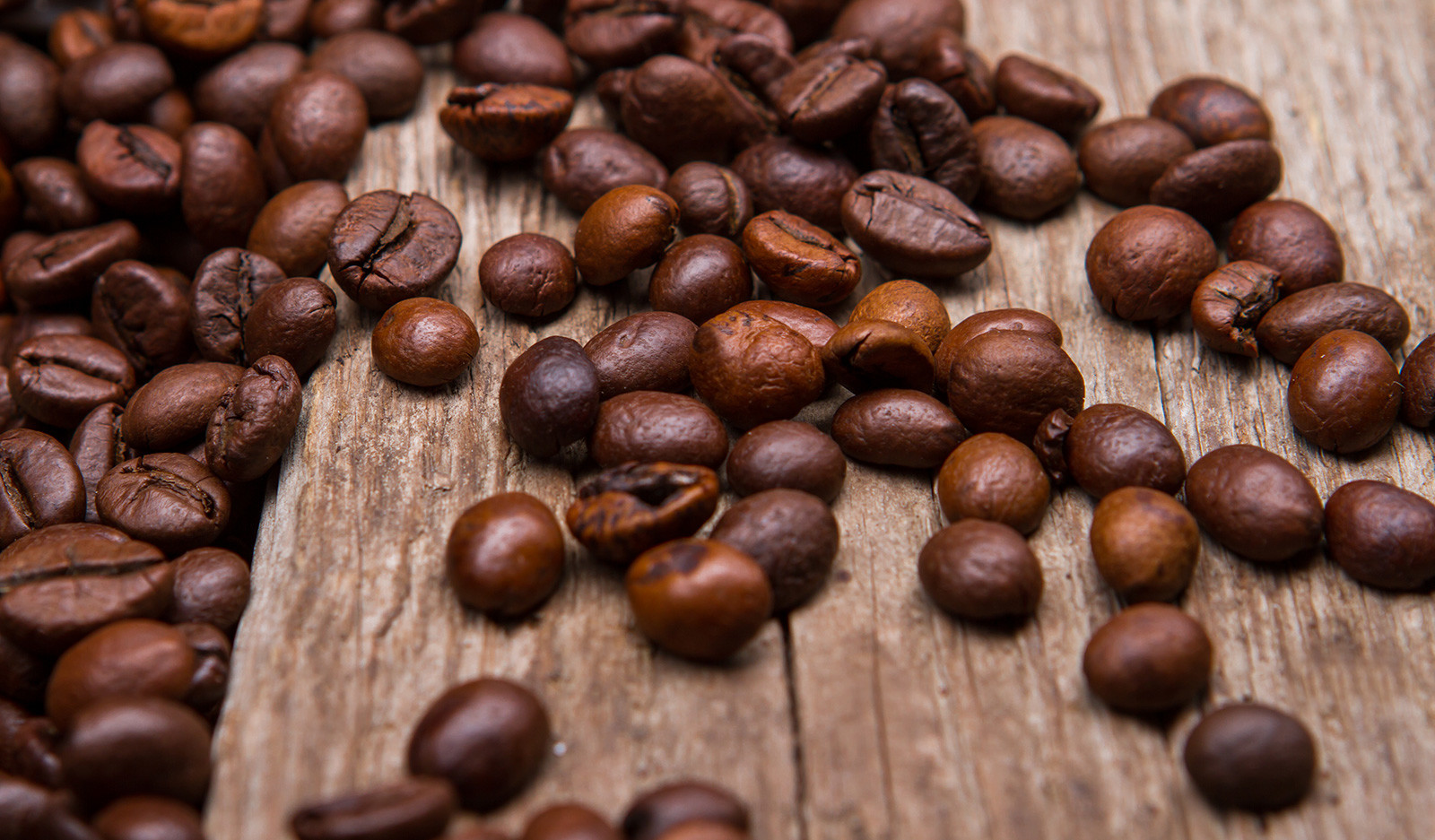
Coffee beans from India.
The intoxicating news spread quickly around the Middle East. The first known dedicated coffeehouses sprung up in Cairo. Soon after, similar coffeehouses opened in Syria, Turkey and other surrounding nations. Though some of these nations later banned the consumption of coffee due to its stimulating effects, its regional popularity had already exploded. From the Middle East, coffee consumption then spread to Italy, the remaining parts of Europe, and eventually, the rest of the world.
Flash forward to present day in the Western World. Coffee has taken on a different face compared with that of earlier centuries. Coffee certainly plays a significant role in social circles; its intoxicating effects help to remove inhibitions, raise one’s mood, and of course, provide an addictive energy boost. But it’s that last characteristic – the addictive energy boost – that makes coffee a tempting support for busy, professional lifestyles. It probably comes as no surprise though, that coffee doesn’t always demonstrate such angelic qualities. The positives, as with many things, are balanced by a few drawbacks. Let’s see what really happens when we sip that espresso.
Caffeine & How It Effects Your body
Not surprisingly, mental alertness is the first trait many will notice when consuming coffee. The anatomic reasons are actually fairly complex, but two main factors are at play here. First, increased dopamine levels encourage better concentration. It makes sense then, that coffee goes hand-in-hand with professionals in need of a little motivation and focus.
Second, caffeine causes the adrenal glands to excrete adrenaline, resulting in increased heart rate and blood flow to muscles. It’s as if the body is preparing to battle a predator – it’s entering ‘fight or flight’ mode. The liver dumps sugar into the bloodstream for a quick, temporary energy burn.
Under the hood, we are experiencing stimulation of the central nervous system. It’s this that ultimately leads to an energetic high. While healthy in relatively small doses, it’s easy to see that this is unsustainable in higher doses. After all, the body is burning a finite resource (adrenaline) to keep us energized. All the while, caffeine’s diuretic qualities are working to dehydrate the body.
These complex interactions make coffee’s impact on us confusing. It can both cause and prevent headaches. It can give energy, and take it away just as quickly. In extreme cases, the adrenals can become so depleted that coffee drinkers skip the high completely, only to find themselves rundown. This, a not-so-uncommon condition, is known as Adrenal Fatigue. It’s a slippery slope that pushes some to increase their dependence, with others moving to remove themselves from it. If you’re in the latter group, these natural coffee alternatives may help.
6 Great Alternatives to Coffee
Moving to other natural alternatives doesn’t always mean moving away from caffeine completely. Some coffee alternatives may contain smaller amounts of caffeine, while others will contain compounds that change the way the caffeine is metabolized. Others again, contain no caffeine but work in interesting ways to provide a more sustainable energy boost than your usual cup of Joe. Let’s jump right in.
1. Matcha tea
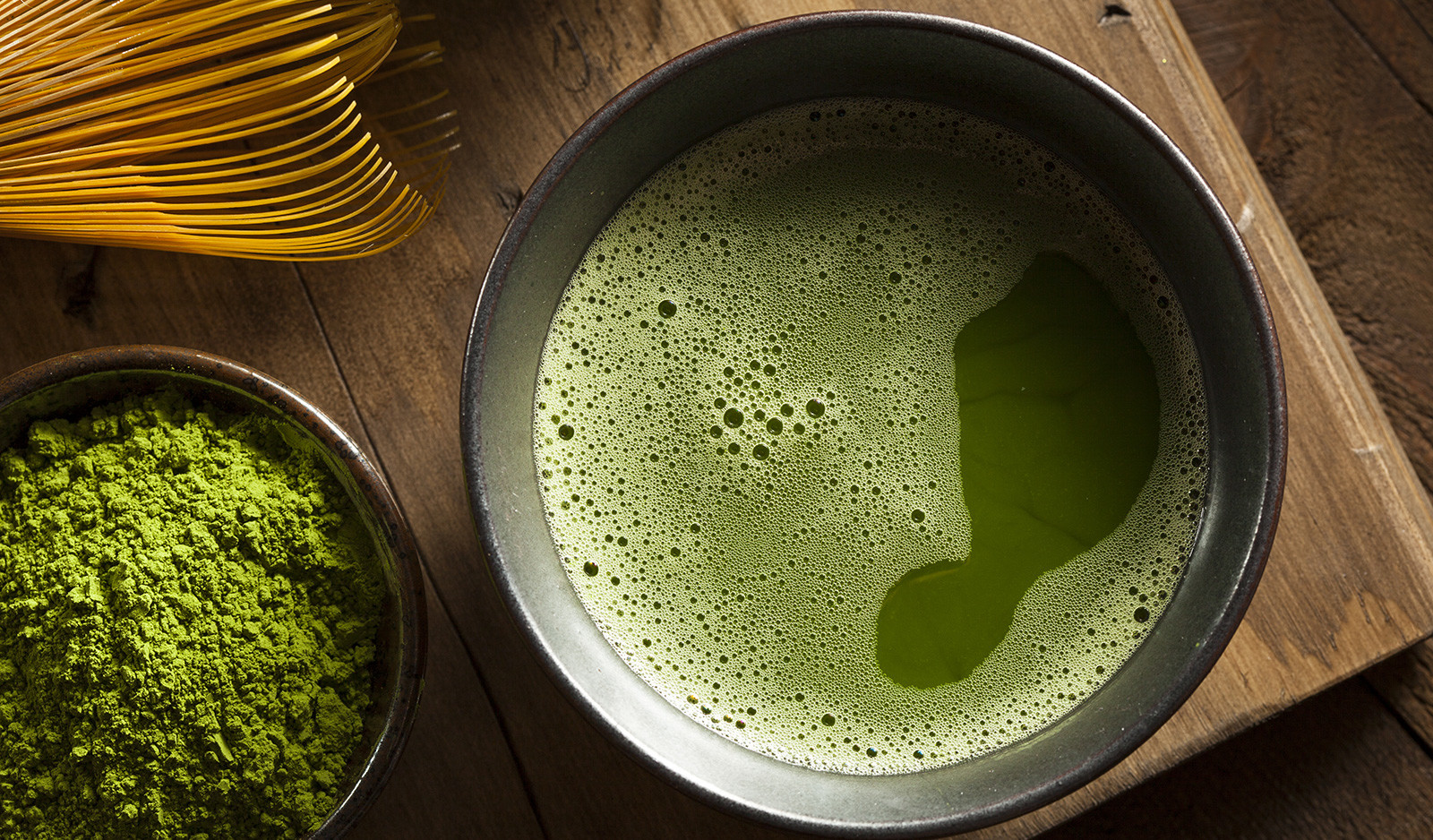
It’s no coincidence that we list matcha first. Matcha is a form of green tea whereby the entire leaf is consumed. In doing so, an incredible range of vitamins and nutrients become available to the body, including levels of antioxidants unmatched by any other food or beverage. As most of us are aware, antioxidants are critical in the body’s defense from a variety of chronic conditions and diseases.
While caffeinated, matcha also contains the amino acid L-Theanine, which actually works to promote concentration, focus and relaxation. Interestingly, L-Theanine works to inhibit many of the effects of caffeine. For this reason, many find matcha provides many of the positive aspects of coffee without the nervous jitters.
2. Chai tea
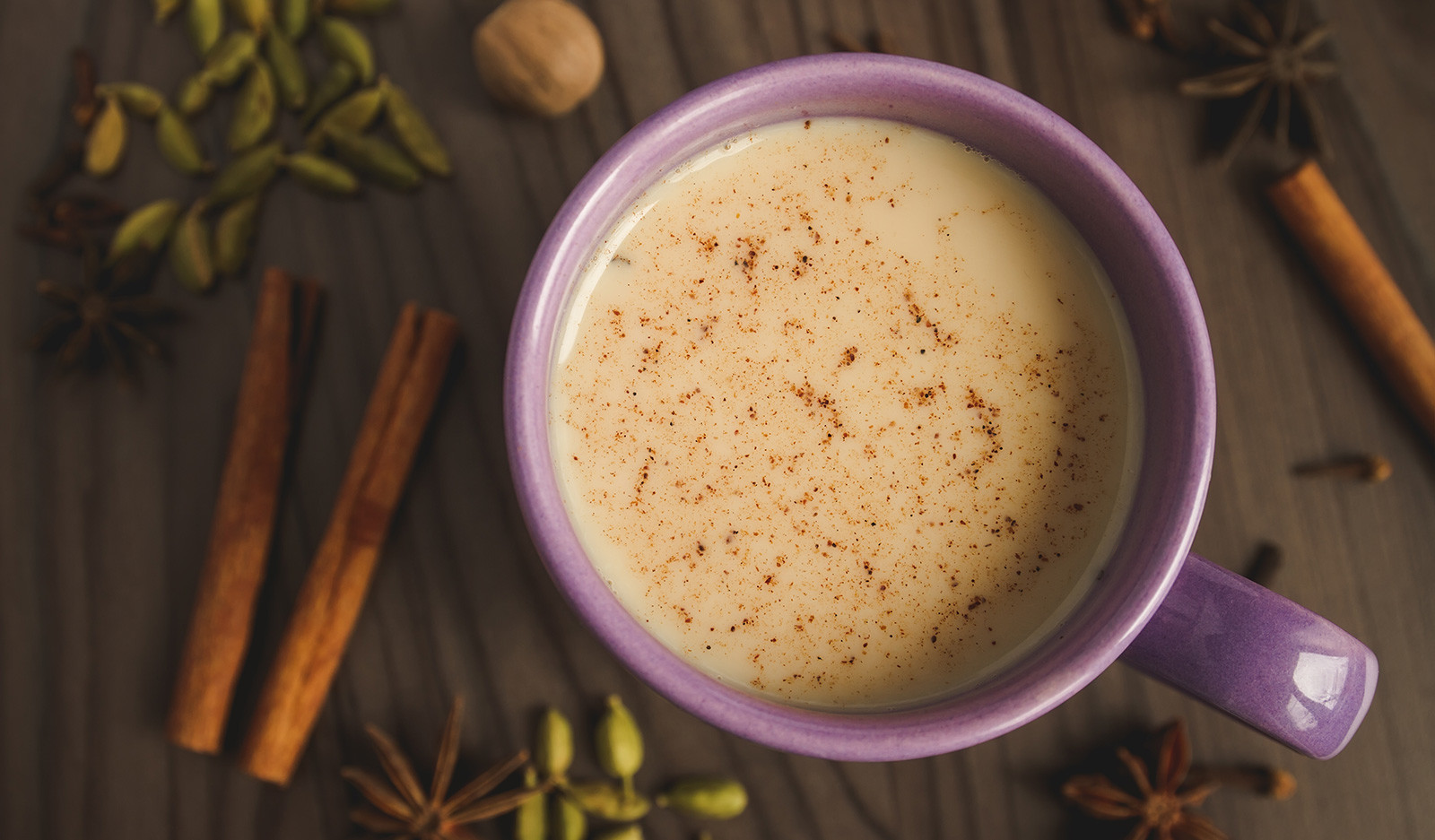
Chai Tea – the ayurvedic choice of age-old Indian culture. Though caffeinated, a cup of chai contains only about a third of the caffeine of a standard cup of coffee. For this reason it’s a great choice for those looking to reduce their caffeine intake.
Chai is based on black tea, which itself contains a good deal of antioxidants. Many of it’s benefits however, actually come from the wide variety of spices used to flavor the chai. Cinnamon, cardamom, clove, ginger and nutmeg are just a few of the spices known to add calming, revitalizing energy to this lightly caffeinated elixir.
3. Licorice tea
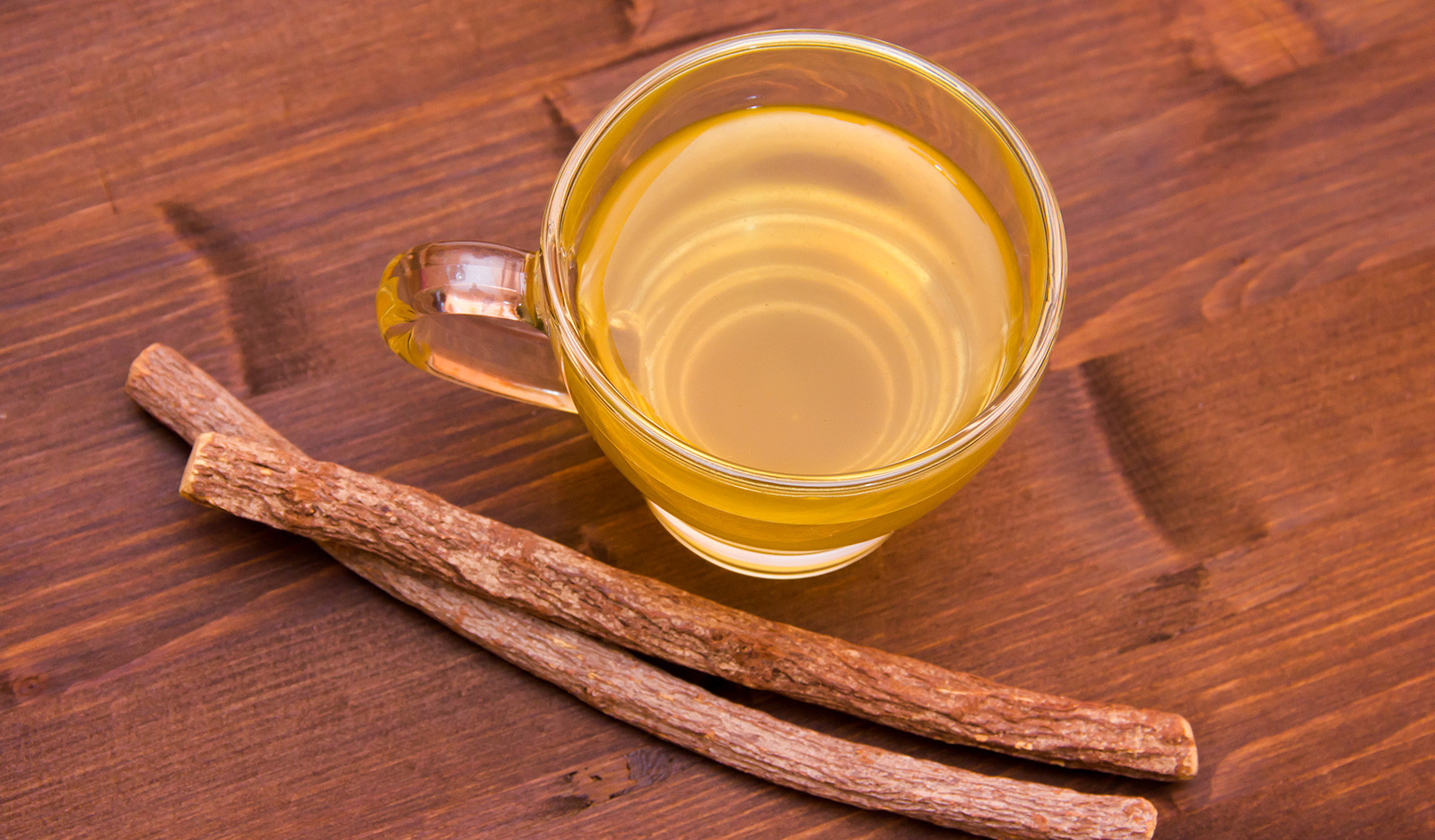
Licorice tea is the first herbal (caffeine-free) tea in our arsenal. For those who have over-burdened their adrenals with over-consumption of coffee, licorice root tea may prove effective in revitalizing their adrenal function. It’s not surprising then, that licorice tea is known for it’s calming, anti-stress effects. By helping to stabilize blood sugar levels, this powerful tea also helps prevent the all-too-common afternoon sugar crash.
4. Wheatgrass
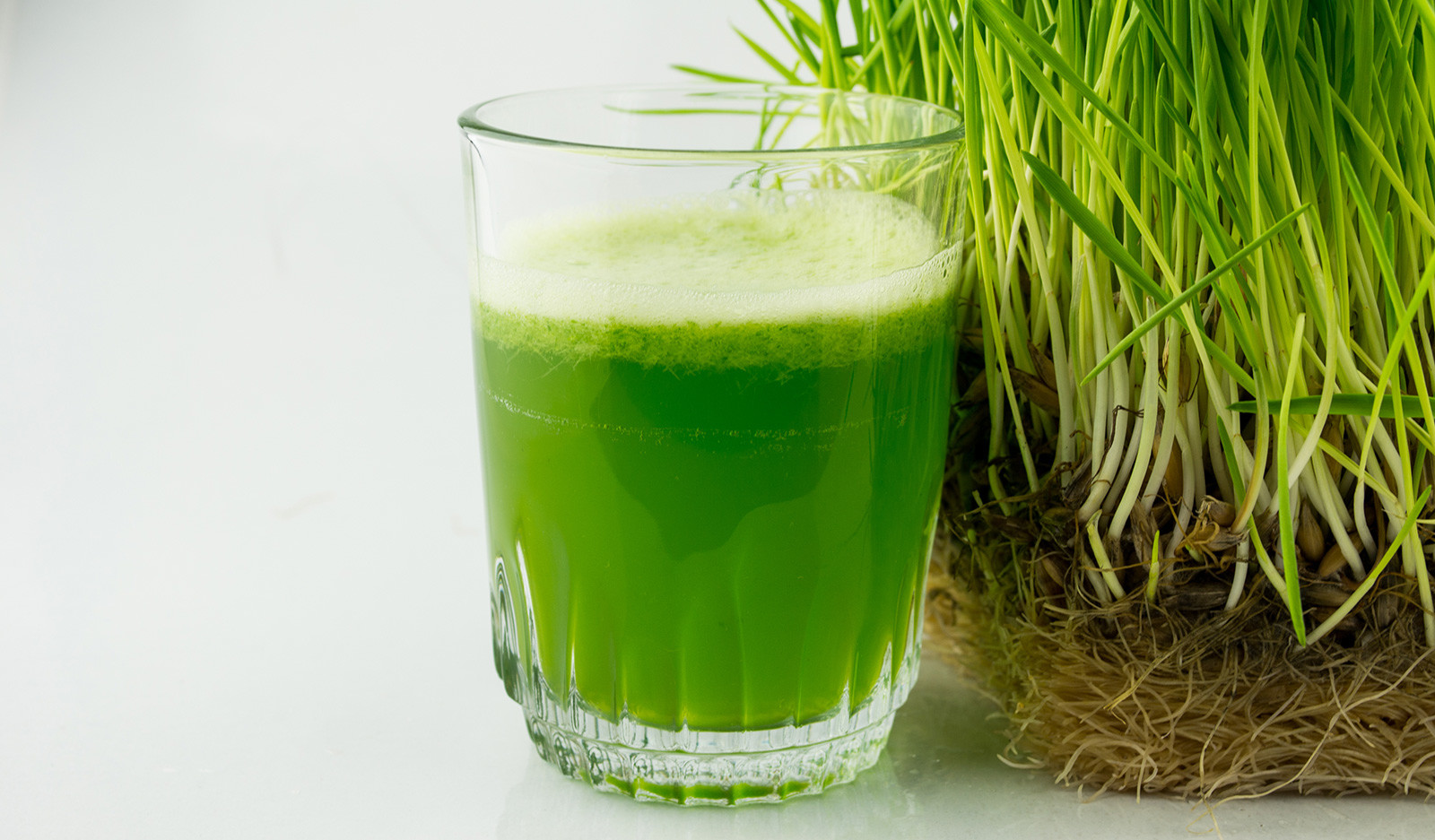
The beauty of wheatgrass is that it’s packed with vitamins and minerals, while remaining quickly and easily digestible. It’s a winning combination that has made wheatgrass popular as a natural, caffeine-free energy booster.
Another alluring aspect of wheatgrass is it’s role as an exceptional detoxifier. Wheatgrass contains a unique blend of enzymes that help to rid the liver and blood of carcinogens, heavy metals and a variety of other harmful toxins. In the long run, wheatgrass has the potential to do wonders for your energy levels and general health.
5. Ginseng
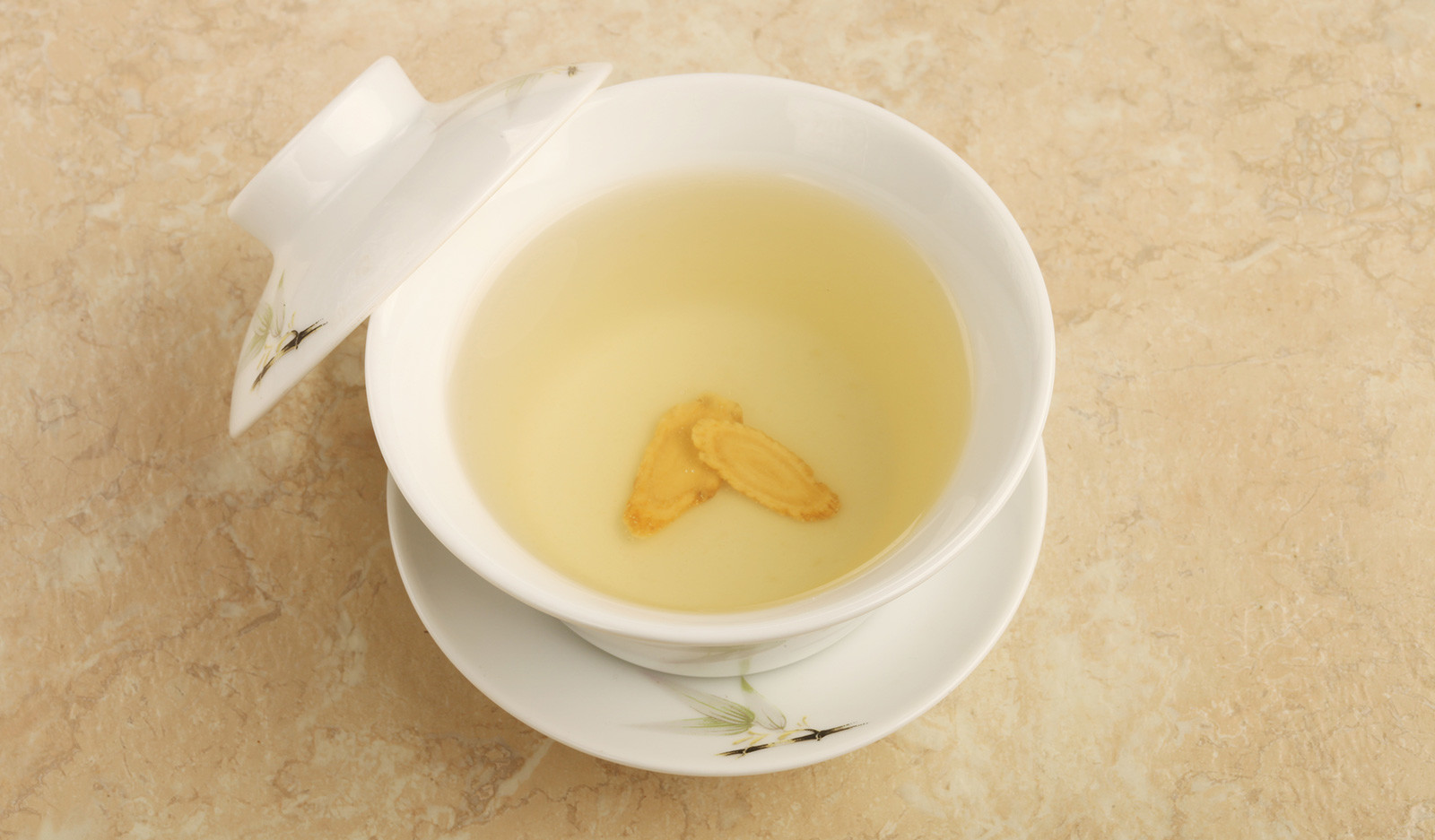
Another herbal substitute for coffee, ginseng tea is known for its ability to aid in focus and concentration. Like many of the coffee alternatives already listed, ginseng is also celebrated for its other health benefits including lowering blood pressure, improving sexual disfunction, and detoxification.
If you want to read more about ginseng check out this article.
6. Coconut oil

This isn’t the first time we’ve celebrated coconut oil for it’s health benefits. We find ourselves touting its powers once again as an excellent choice in helping to reduce coffee dependence. Granted, coconut oil on its own isn’t exactly an alluring beverage. When used as an ingredient in a health-conscious diet however, you may find yourself less likely to reach for your coffee mug.
Coconut oil is considered a ‘good fat’ – one that’s easily digestible and quickly metabolized for energy. We owe this to the medium-chain fatty acids found in coconut oil – this being what differentiates it from many other fats. Be sure to check out this resource for creative ideas on how to integrate coconut oil into your diet.
Conclusion
Whether coffee is your go-to for energy, focus or social stamina, it’s exciting to know that many alternatives are available. While each has the ability to replace coffee in its own unique way, each also brings much more to the table in the way of health benefits. Weather stepping away from coffee permanently or temporarily, we hope you find health and wellness in these recommended coffee alternatives.
